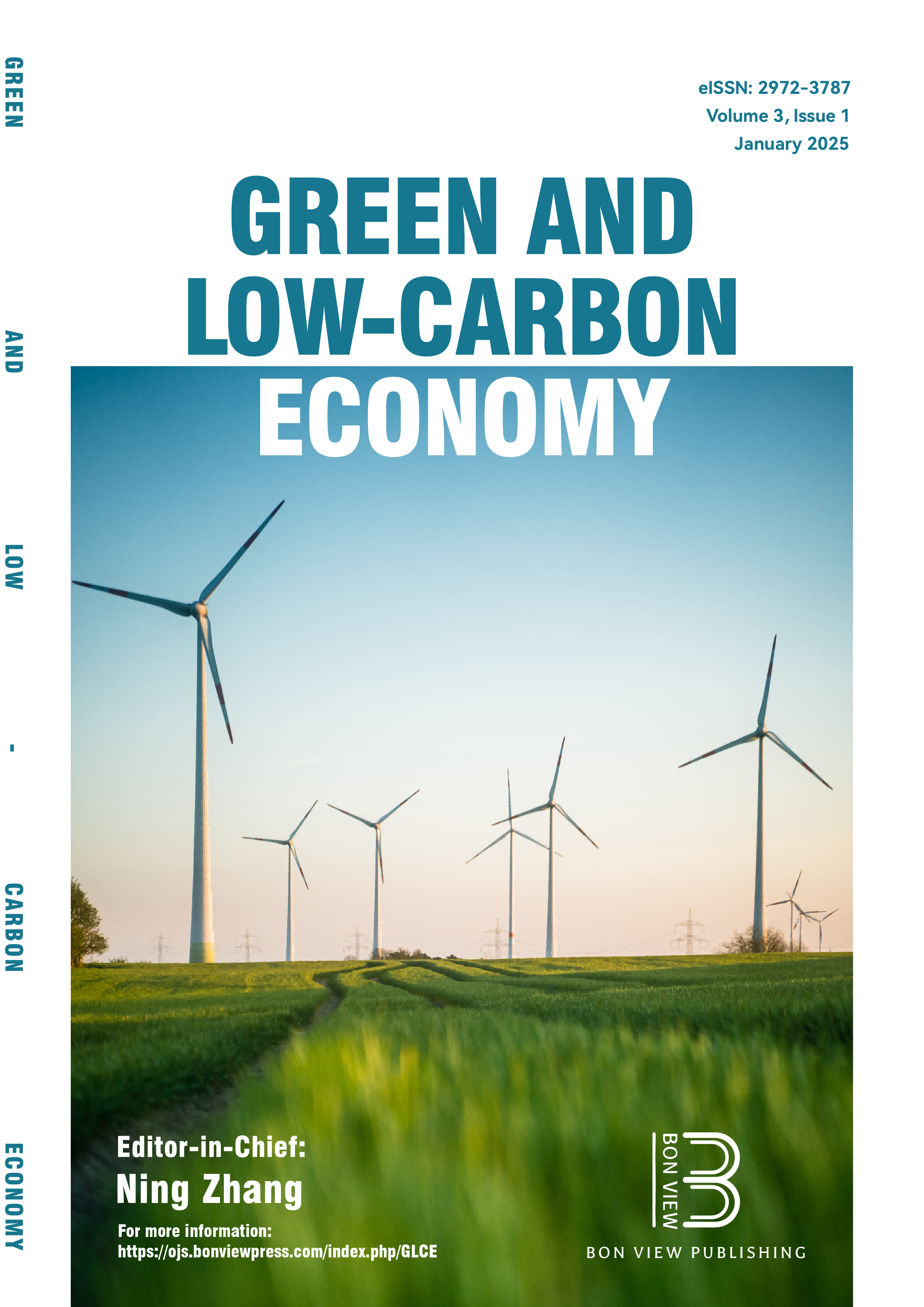Capacity Needs Assessment for Implementation of Renewable Energy and Energy Efficiency in the Cardamom Value Chain of Nepal's Mountain Regions: Results of a Survey Study
DOI:
https://doi.org/10.47852/bonview3202672Keywords:
renewable energy, energy efficiency, capacity needs assessment, cardamom value chain, Hindu Kush Himalayan region, capacity developmentAbstract
The Hindu Kush Himalayan region presents an immense opportunity for implementing decentralized, sustainable energy solutions that rely on renewable energy (RE) sources. However, the region remains vulnerable to energy poverty due to inadequate capacity at various levels for deploying RE and energy efficiency (EE) solutions in mountainous areas. To achieve sustainable economic, social, and environmental performance, a thorough understanding of capacity development in RE and EE deployment within the value chain concept is crucial. This paper introduces a capacity needs assessment framework for the mountainous context, which was developed and applied to Nepal's cardamom value chain to explore the interplay of different core capabilities at individual and organizational levels. The survey study aimed to identify the specific capacity requirements necessary for the effective deployment of RE and EE solutions in the cardamom value chain. The analysis revealed significant capacity development needs on core capabilities affecting RE and EE deployment within the value chain, including technical skills, knowledge transfer, institutional strengthening, and policy development. The study also identifies challenges encountered when implementing RE and EE solutions in the cardamom value chain, such as financial constraints, technical challenges, and lack of awareness and education. Based on the study’s findings, policymakers can design and implement effective capacity development initiatives that address the identified gaps and challenges and promote the deployment and implementation of RE and EE solutions in Nepal's mountain regions. This framework's applicability can extend to other value chains, such as tourism, dairy, poultry, and transportation sectors, by considering appropriate study dimensions and key indicators for value chain analysis.
Received: 18 January 2023 | Revised: 13 March 2023 | Accepted: 16 March 2023
Conflicts of Interest
The authors declare that they have no conflicts of interest to this work.
Data Availability Statement
Data available on request from the corresponding author upon reasonable request.
Author Contribution Statement
Pugazenthi Dhananjayan: Methodology, Formal analysis, Investigation, Data curation, Writing - original draft, Writing - review & editing. Surendra Raj Joshi: Conceptualization, Methodology, Writing - review & editing. Ujala Rajbhandari: Writing - review & editing. Mewang Gyeltshen: Supervision, Project administration.
Downloads
Published
Issue
Section
License
Copyright (c) 2023 Authors

This work is licensed under a Creative Commons Attribution 4.0 International License.


